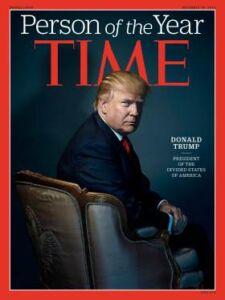We have to put Salon’s interview with Carlson, a top-rated prime-time host and commentator on Fox News, in the proper context. That context would be the Overton window, a concept developed at the Mackinac Center for Public Policy by Joseph P. Overton:
Imagine, if you will, a yardstick standing on end. On either end are the extreme policy actions for any political issue. Between the ends lie all gradations of policy from one extreme to the other. The yardstick represents the full political spectrum for a particular issue. The essence of the Overton window is that only a portion of this policy spectrum is within the realm of the politically possible at any time. Regardless of how vigorously a think tank or other group may campaign, only policy initiatives within this window of the politically possible will meet with success.
That doesn’t exactly describe my conversation with Carlson, but it provides a useful frame. In any society at a given time, certain political ideas are deemed to fall outside the realm of the acceptable. Sometimes that’s healthy, if it drives totalitarian ideologies to the margins, but it can be harmful when it stifles meaningful dialogue.



